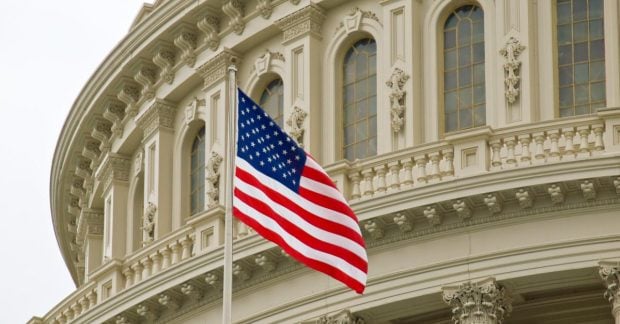So stitched up by third worlders has the appointments process become that no Western candidate for the job ever stood a chance. They could, on the other hand, scarcely have failed to do a better job.
Instead of tackling the burning issues of free and fair trade, Okonjo-Iweala finds herself pursuing largely unrelated, and intractable, grandstanding causes such as “vaccine equality” and fishing rights, not to mention our old friend climate change.
All these things do admittedly have some bearing on free and fair trade, but are also distractions from the WTO’s core purpose – to stand firm against the incoming tide of protectionism and unfair practice.
I’d like to think otherwise, but I fear that Trump was right about the WTO. Multilateralism of the type that is meant to be championed by the WTO is not up to the task of advancing free trade; there are simply too many parties involved to achieve globally gainful outcomes.
The basic principle – that signatories are not allowed to pick and choose between those they apply restrictions to, but must treat everyone the same – is fine as far as it goes, but it is very hard to maintain in practice and has very probably reached the limits of its evolution in any case.
The future lies instead in bilateral free trade agreements between like-minded nations of preferably similar levels of economic development. These are much easier both to police and to deepen into a more integrated economic relationship.
Making the argument for free trade becomes harder when dealing with countries with lower labour and environmental standards. The perceived need for greater resilience in supply chains, and the political pressures for decoupling from the Chinese economy, make the case for global free trade harder still.
Worse, political leaders increasingly use access to their domestic markets as a tool for extracting non-economic concessions. Free trade as an economically advantageous end in itself is a dying faith.
Yet we shouldn’t altogether despair. We can go a long way with bilateral arrangements, and with big free trade blocs, such as the Comprehensive and Progressive Agreement for Trans Pacific Partnership, originally set up as a bulwark against Chinese domination of the Pacific.
The WTO may have lost its way, but free trade is not yet entirely dead.





